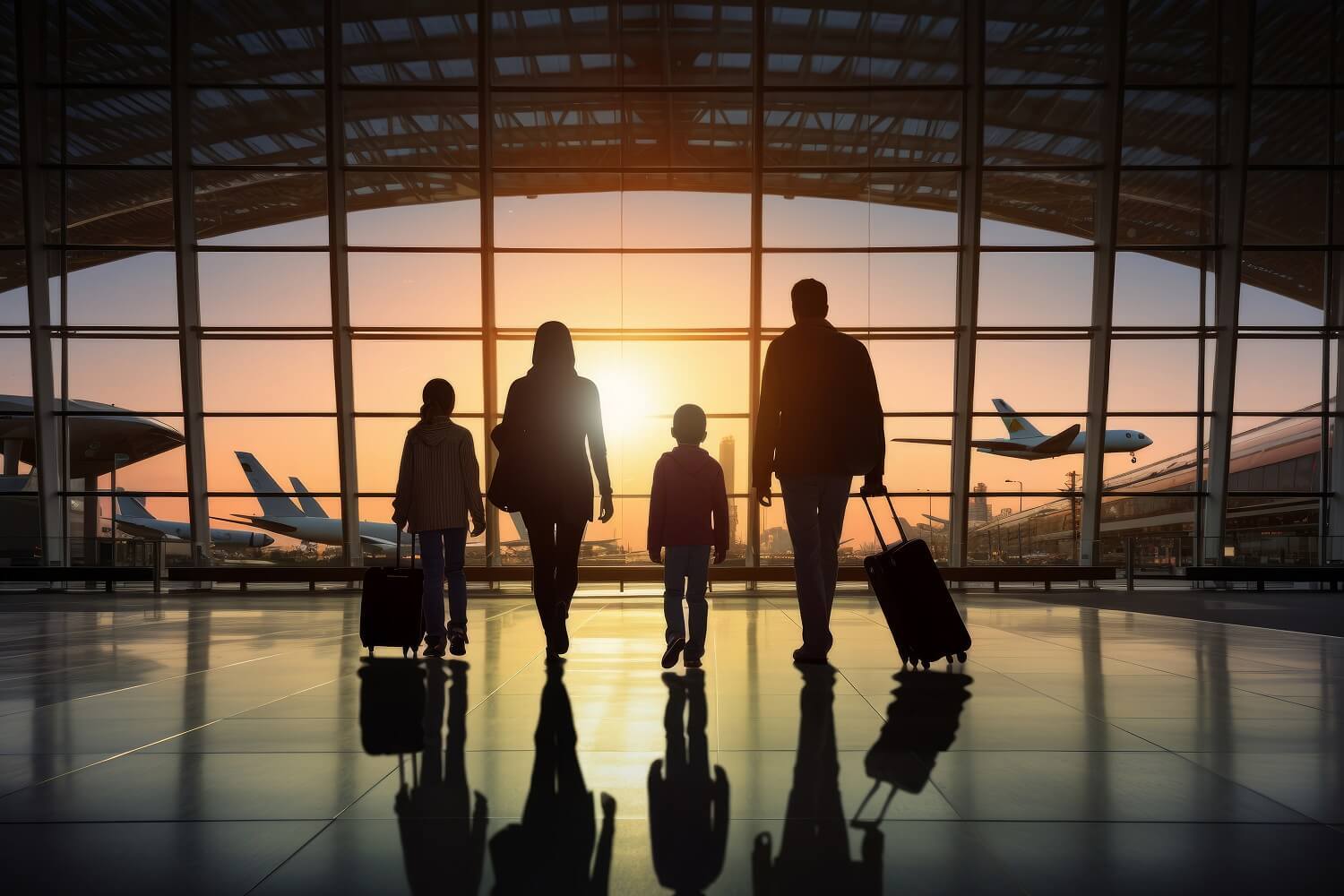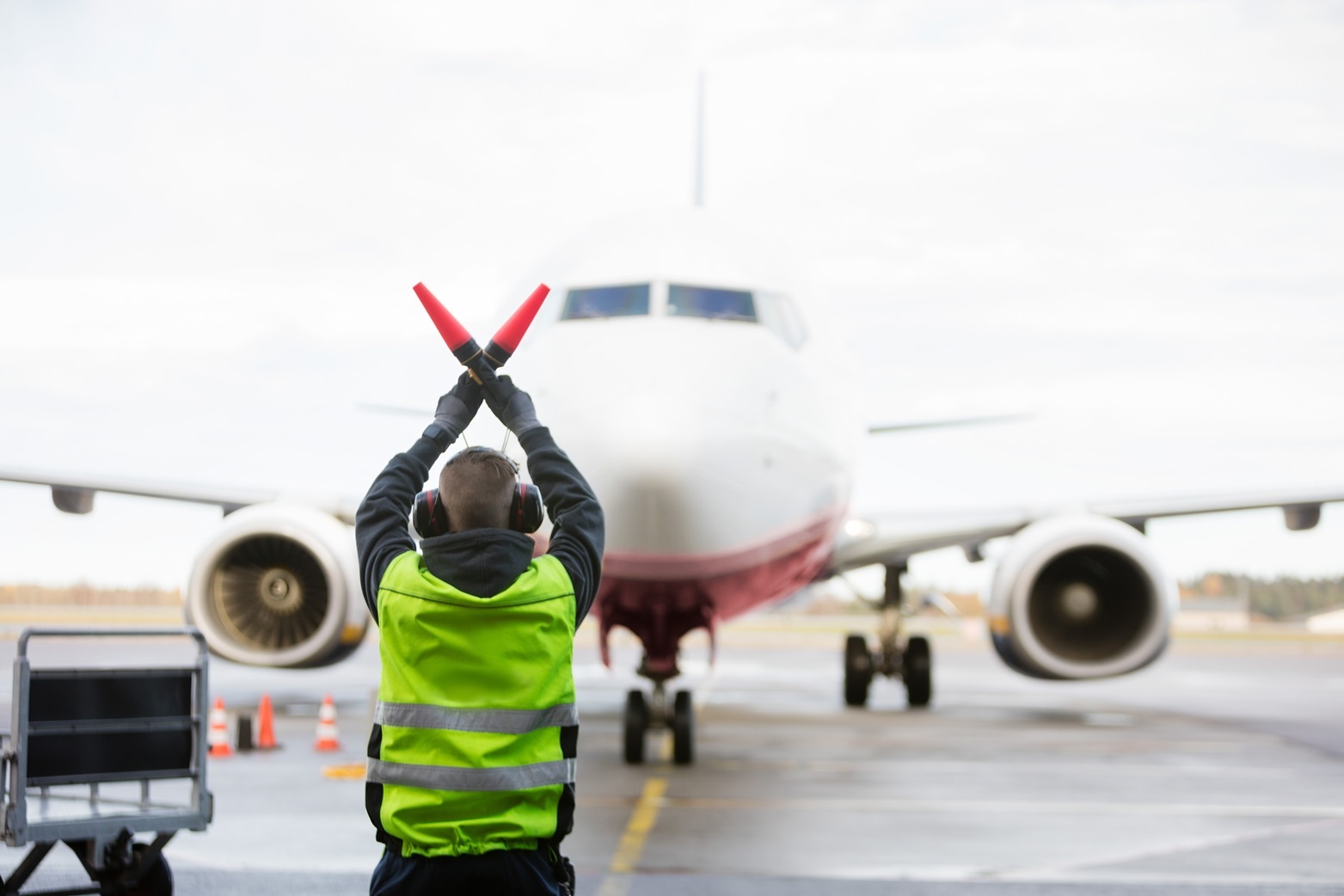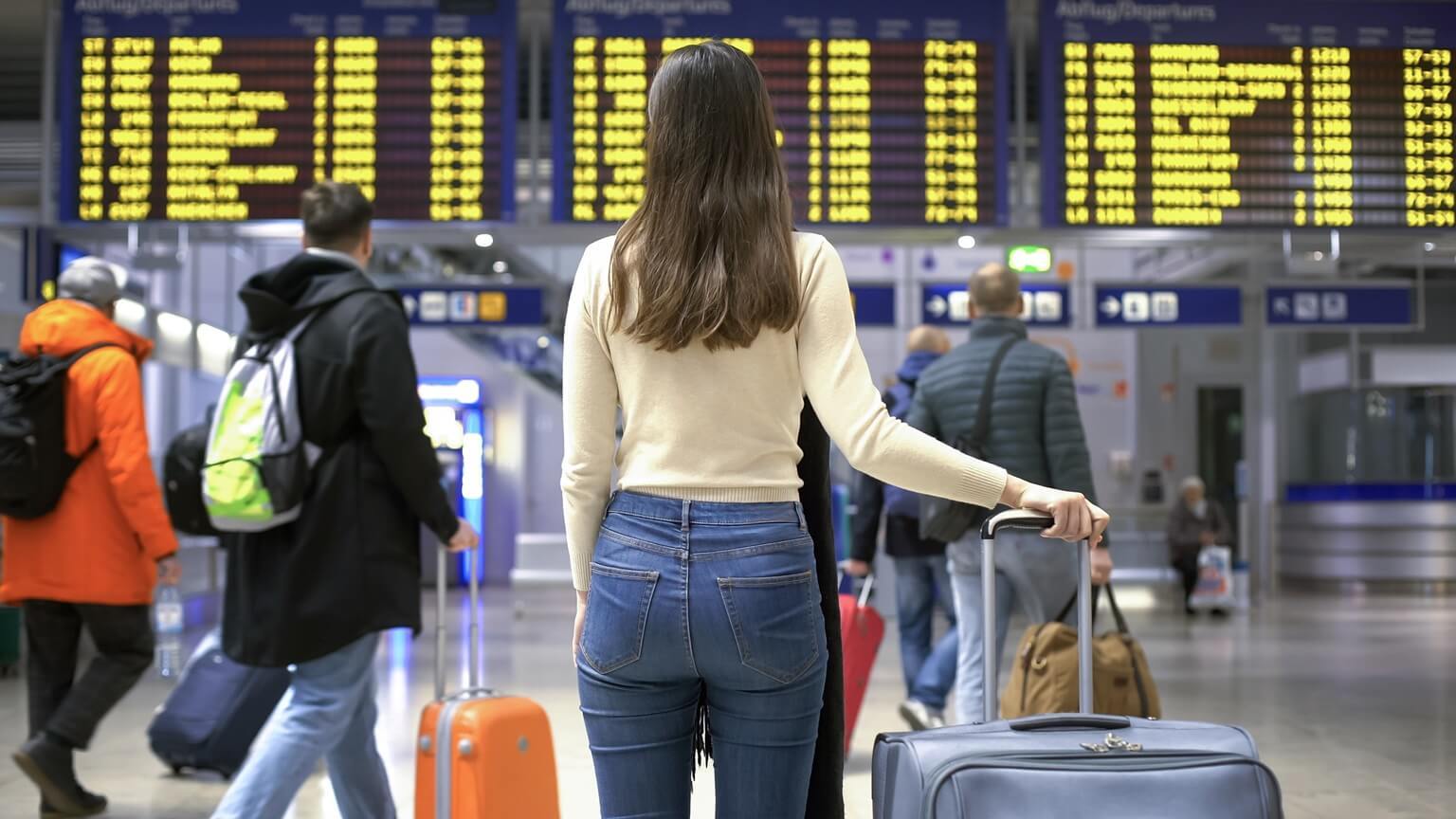American Airlines apologizes for child trafficking confusion

In a recent incident that underscores the importance of vigilance and the complexities surrounding airline safety procedures, American Airlines has issued a public apology after an unfortunate misunderstanding related to child trafficking concerns. The incident serves as a poignant reminder of the airline industry's role in safeguarding the welfare of passengers, especially children.
Incident at American Airlines flight
The incident in question occurred when an American Airlines flight attendant reportedly expressed concerns to authorities about a passenger's behavior. The passenger, traveling with a young child, had aroused suspicion, leading to a request for law enforcement to meet the aircraft upon landing.
Upon arrival, local law enforcement questioned the passenger, who explained that they were the child's parent and were traveling with the necessary documentation. Subsequently, it was determined that there was no wrongdoing involved, and the family was allowed to continue their journey.
American Airlines issues public apology
In response to the incident, American Airlines issued a public apology, acknowledging the misunderstanding and emphasizing their commitment to the safety and well-being of all passengers. The airline expressed regret for any distress or inconvenience caused to the family involved.
Such an apology, while significant, also serves as a crucial step toward transparency and accountability. It highlights the airline's acknowledgment of the need to constantly assess and improve its procedures to avoid similar misunderstandings in the future.
Child trafficking concerns in aviation
Child trafficking is a grave global concern, and airlines play a pivotal role in identifying and reporting potential cases. Flight attendants and airline staff are trained to be vigilant and to report any suspicious behavior, as they may be the first to encounter signs of trafficking.
However, this incident underscores the delicate balance airlines must strike between ensuring passenger safety and avoiding unwarranted suspicion or discrimination. It highlights the importance of thorough training programs and clear protocols for handling such situations.
The role of airline training and awareness
Airlines worldwide invest in comprehensive training programs to equip their staff with the skills needed to identify potential child trafficking situations while avoiding wrongful accusations. This training often includes recognizing behavioral cues and knowing when to involve authorities.
Furthermore, public awareness campaigns, such as those led by organizations like ECPAT (End Child Prostitution, Child Pornography, and Trafficking of Children for Sexual Purposes), aim to educate both airline employees and passengers about the signs of child trafficking.
While this incident serves as a reminder of the airline industry's vigilance in addressing child trafficking concerns, it also highlights the need for continuous improvement in protocols and procedures.
Airlines must ensure that their staff is not only well-trained but also equipped with the tools and resources to assess situations accurately. Clear communication channels with law enforcement agencies and authorities are vital in resolving such concerns swiftly and effectively.
In conclusion, the recent misunderstanding involving American Airlines and the concerns over child trafficking highlights the airline industry's responsibility to safeguard passengers' welfare, especially children. It serves as a call to action for airlines to maintain vigilance, improve training, and refine protocols to strike the right balance between safety and fairness. Ultimately, these efforts are vital in combating child trafficking while ensuring that innocent travelers are treated with dignity and respect.
Latest posts
Understanding EC261: How Europe protects your rights
Learn all about EC261: How European passenger rights protect you in cases of flight delays, cancellations, and issues.
Top 5 legal rights every airline passenger should know
Learn about the top 5 flight rights every passenger should know, from compensation to claims for delays.
What to do when the airline rejects your claim?
What to do if the airline rejects your compensation claim? Tips on legal steps, support, and your available options.
About MYFLYRIGHT
MYFLYRIGHT is a legal tech company, specialized in the support of airline passengers affected by flight delays, flight cancellations, denied boarding, delayed or lost luggage and the refund of unused airline tickets. MYFLYRIGHT was founded 2016 in Hamburg, Germany. The company operates out of 3 offices, its headquarter in Hamburg and its branches in Prague, Czech Republic and Zaporizhia, Ukraine. Currently, MYFLYRIGHT employs a team of around 25 people working in Marketing, Operations, Legal, Customer Support and IT. The organization operates across 5 markets – Germany, United Kingdom, Romania, Austria, and Switzerland.
MYFLYRIGHT’s goal is to provide access to justice for all aviation passengers who experience irregularities in their flight transportation. Notably, 75% of all compensation requests submitted by passengers get rejected. Whereas, MYFLYRIGHT is able to successfully execute the applicable customer claims in more than 98% of cases at court.












